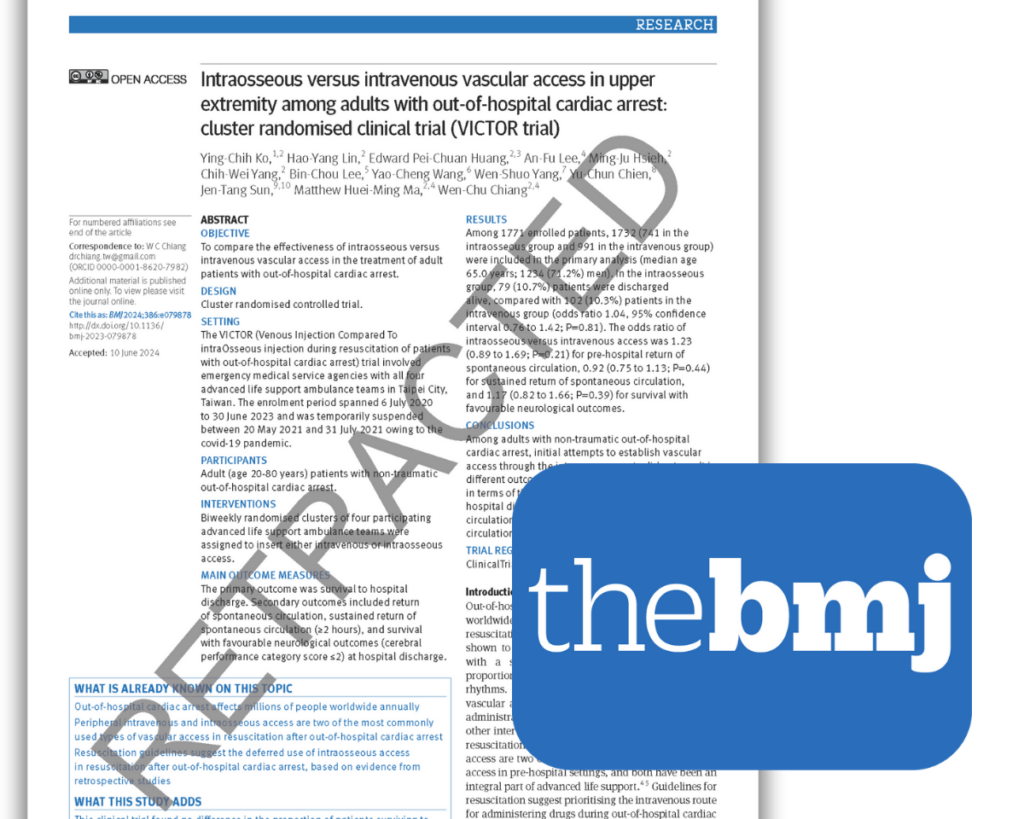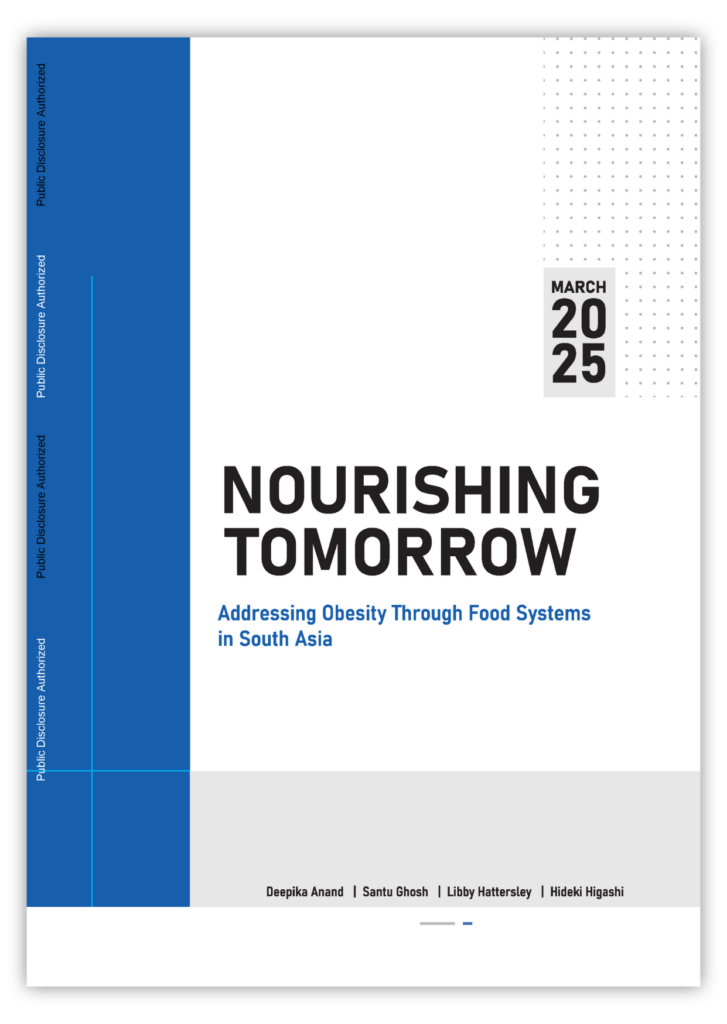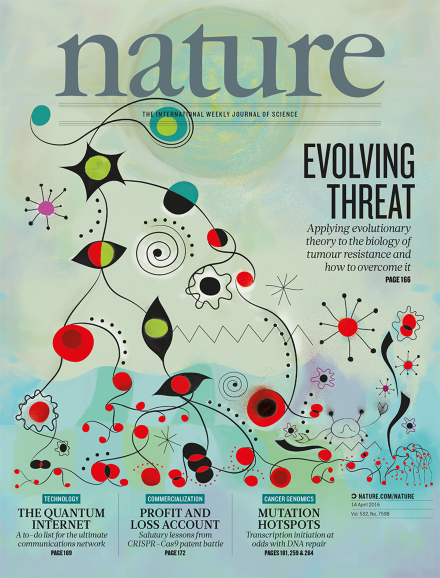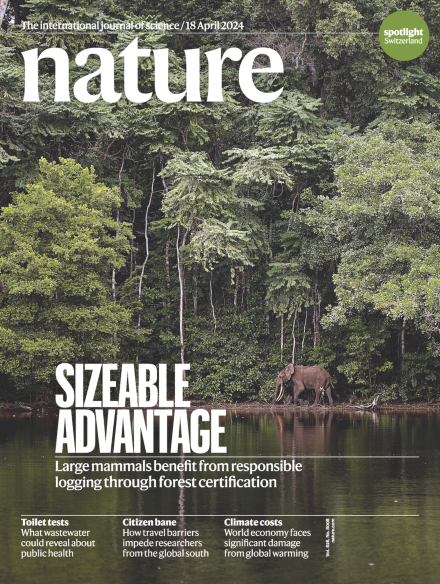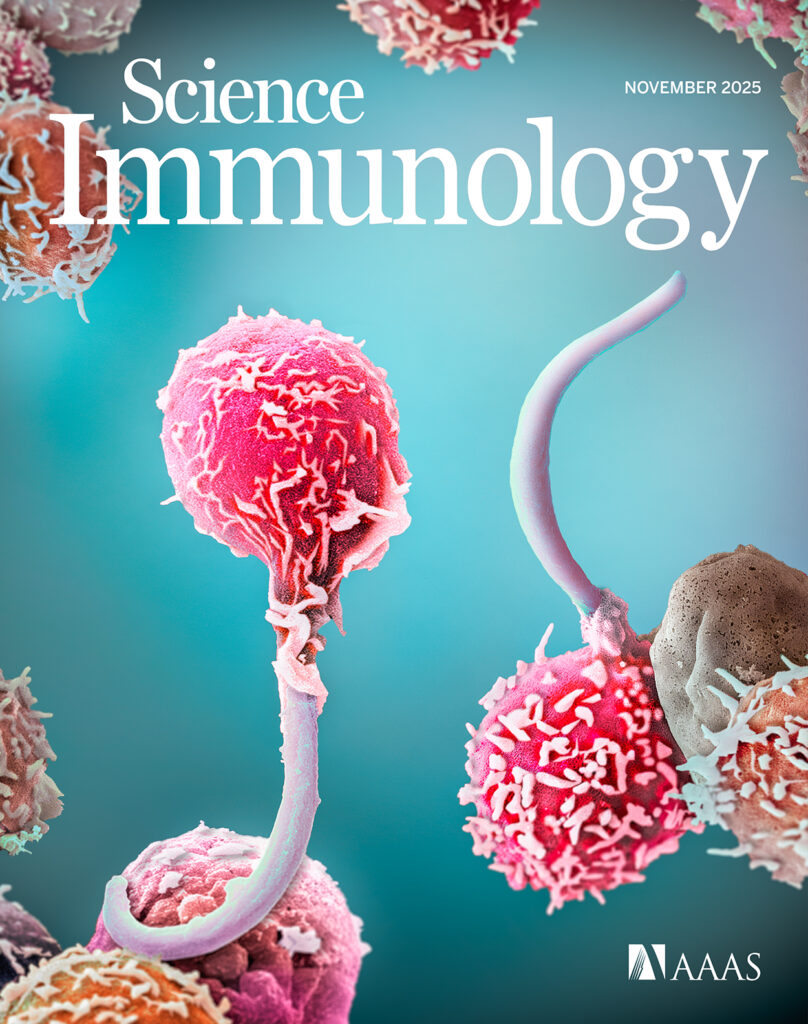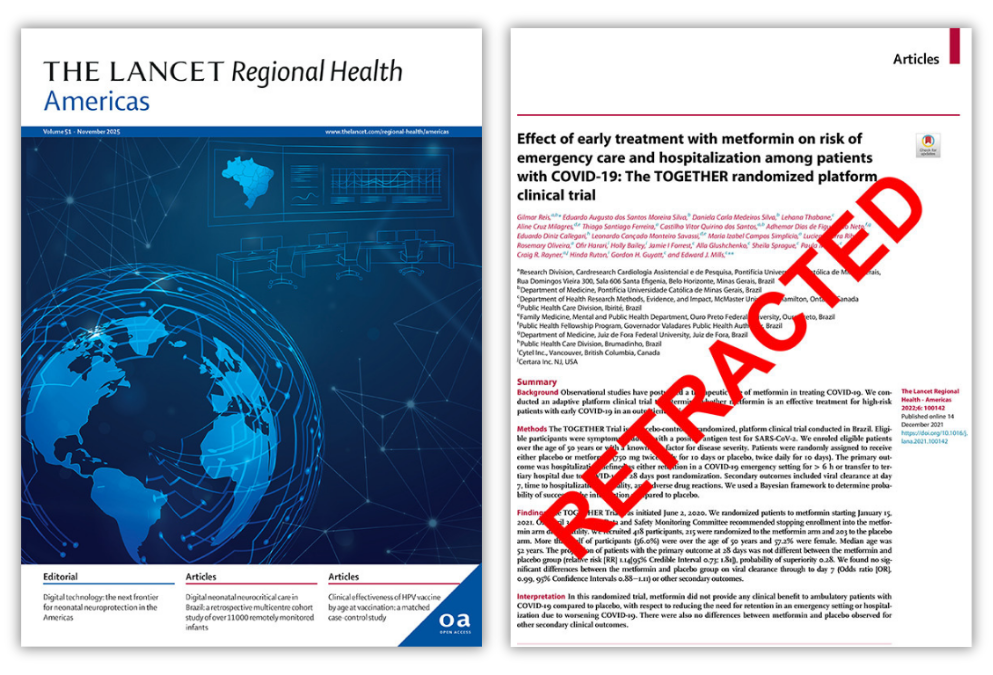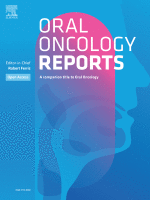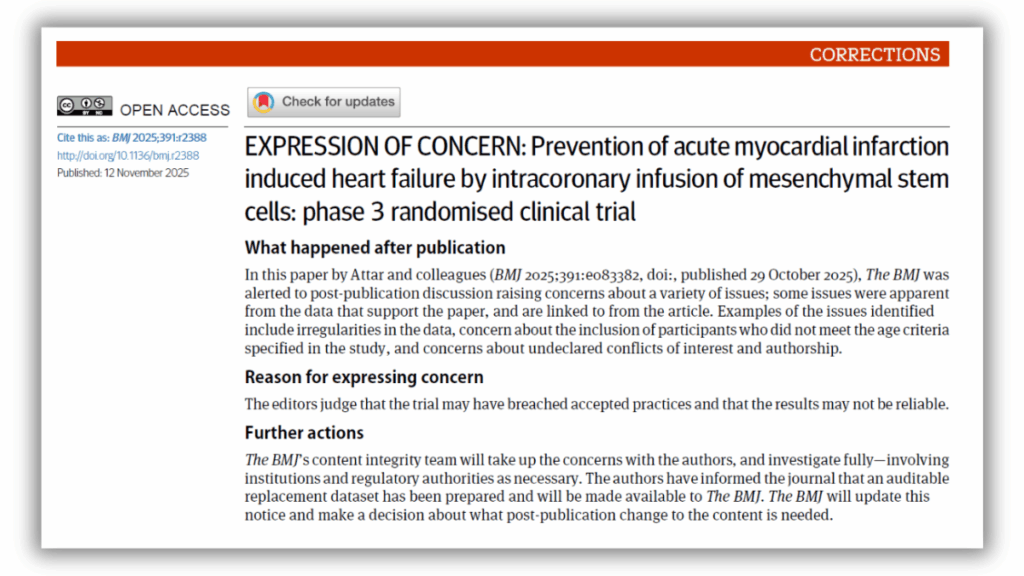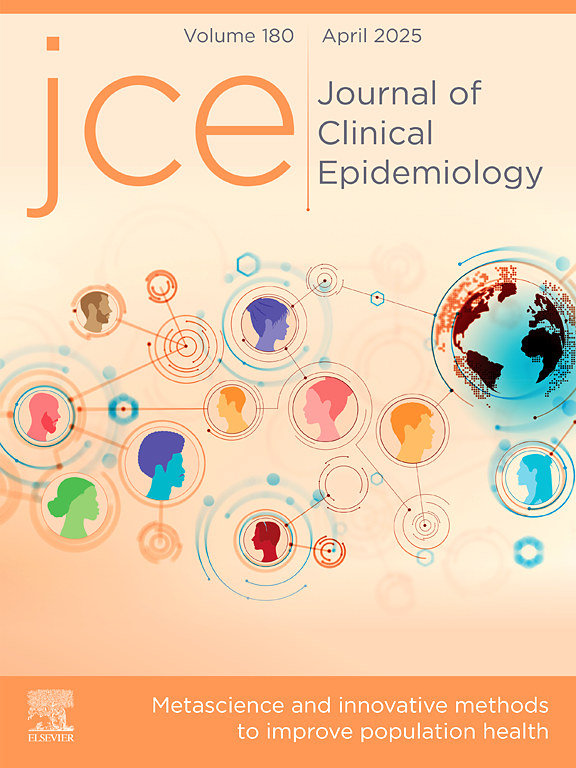The BMJ has retracted a paper on a clinical trial of different methods of vascular access during cardiac arrest after an expert raised concerns about the randomization in the trial.
The study, published in July 2024, reports the results of a trial comparing intravenous and intraosseous vascular access for treating people who experienced cardiac arrest. It has been cited 29 times, according to Clarivate’s Web of Science.
The retraction marks the 13th The BMJ has issued since its first in 1989, according to the Retraction Watch Database.
Continue reading The BMJ retracts clinical trial for ‘severe’ discrepancies in randomization